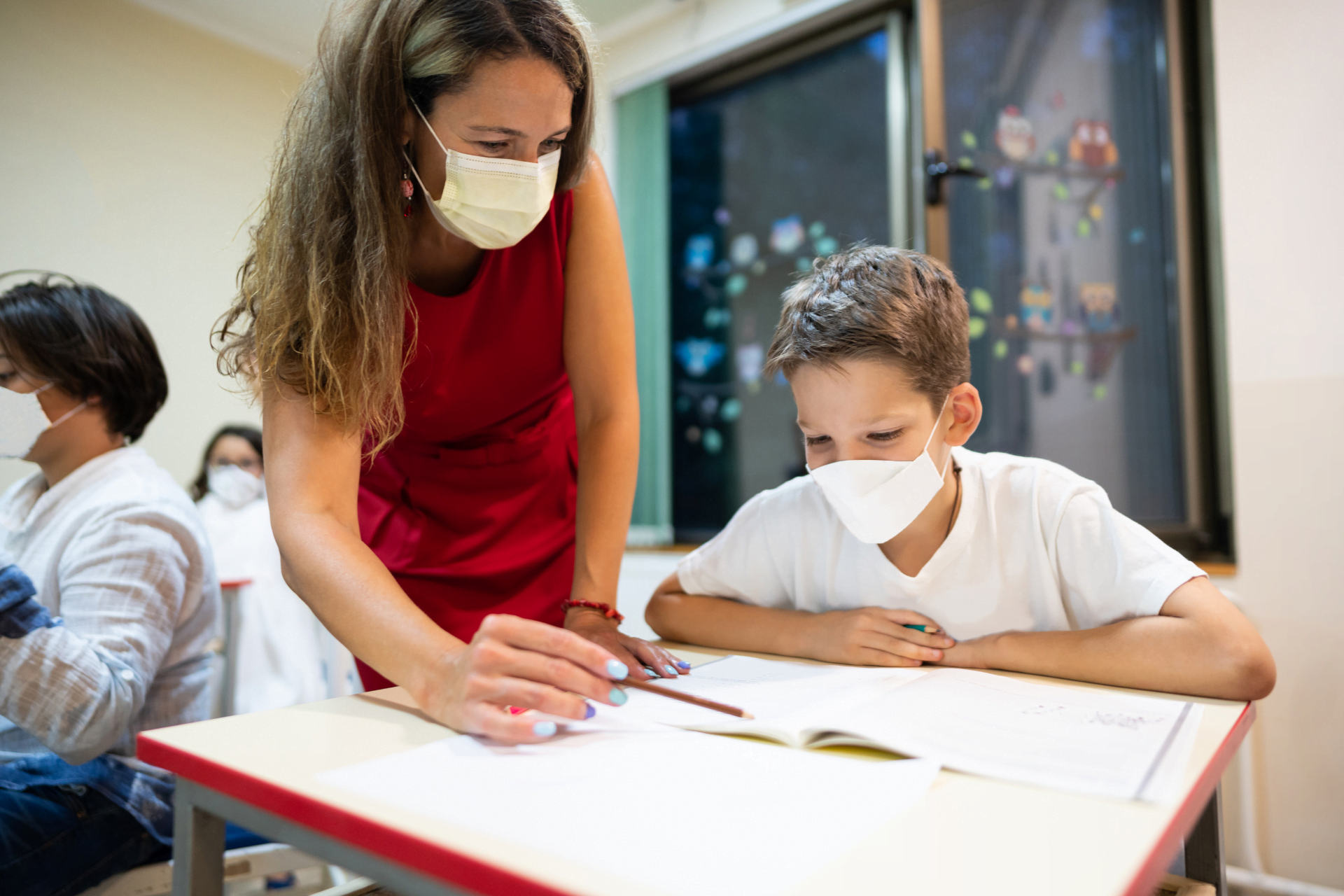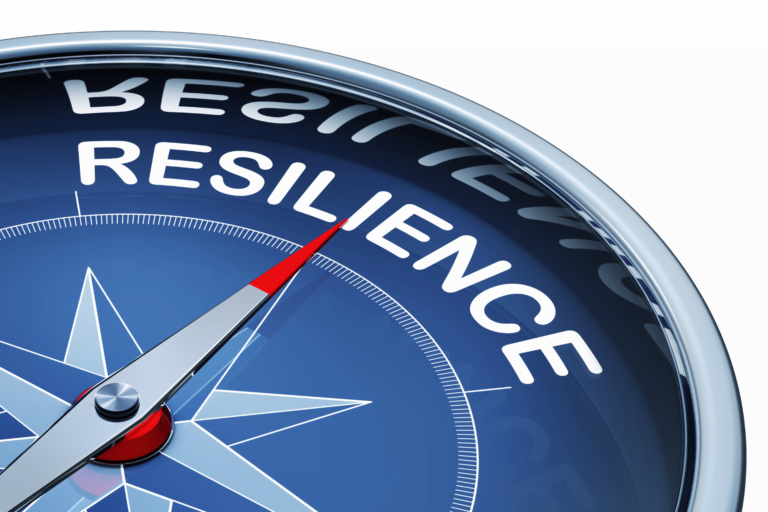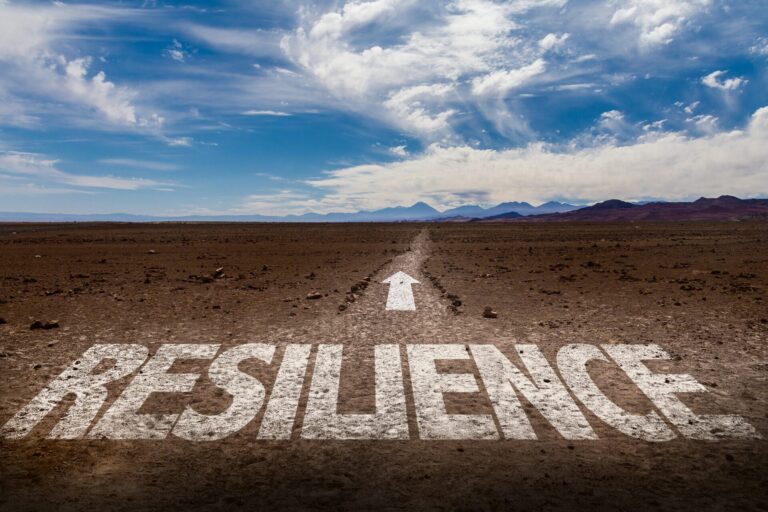Teaching Within the COVID Circus
These five cultural shifts can help protect mental health in the face of chaos.
KEY POINTS
- Teaching during the circus of the pandemic has been a test of a lifetime. Cultural shifts are essential to protect mental health.
- Healthy mental health cultures prioritize accountability and anti-racism work.
- Healthy mental health cultures reject antiquated myths of resilience and embody a universal precautions approach to mental health.

Source: Shutterstock/Blueprint Characters
Teaching during the circus of the pandemic has been the test of a lifetime.
Between the tightrope walk, constant juggling, and having to pull rabbits out of a hat, all while the Barnum and Bailey’s theme song is blaring on autorepeat, educators have been forced into the overwhelming role of ringleader in a circus with a five-second intermission that doesn’t seem to be leaving town anytime soon.
The risk of burnout and demoralization looms in the face of trying to maintain standards while allowing for flexibility, tending to students without neglecting oneself, and the pressures to perform as though things are “normal,” even though they are far from it, and weren’t to begin with.
Systemic changes that address the disparate conditions of teaching and learning must be put into play to help protect teachers from the crushing weight of vicarious trauma and exhaustion so that they can stay well and do well, and help their students to do the same.
Fluffy cotton candy strategies can’t be served up if we want teachers and students to protect their mental health during chaotic and catastrophic times. Educational leaders, policymakers, and institutions must work to create environments that nourish and protect teachers and students.
Here are five markers of healthy mental health cultures:
They hold the World Health Organization’s assertion that there’s no health without mental health as a guidepost for behavior
Healthy school and institutional cultures hold this framing central to their policies and practices. They realize that people are human beings, not doings. They strive for rigor and excellence, all while building a culture where there is safety in asking for and receiving help, rather than fear of discrimination, stigma, punishment, and scrutiny. They know that there’s no health (or success) without proper attention towards mental health. Optimal learning and growth is fostered within cultures that emphasize well-being.
They hold accountability as an essential priority
Healthy institutions realize that education has the power to transform, but also to traumatize, particularly for those in underrepresented and marginalized groups. They never ignore or minimize the weight of, and intersecting consequences of discrimination on mental health. They take systemic racism and violence against BIPOC and others based on class, gender, orientation, and ability, seriously, devoting steadfast attention and resources to building just, anti-racist, anti-ism, inclusive spaces that embody restorative justice and prioritize accountability for social change.
They provide tools and resources that support well-being in and outside the classroom for everyone
They know that what’s good for students is good for everyone: staff, teachers, leaders, school counselors, nurses, staff, parents, and families alike. They teach the skills of resilience and self-care with full fervor, including them in curriculum, pedagogical methods, interpersonal exchanges, professional development, and as a predominant way of operating and relating. Healthy cultures widely and consistently provide and promote resources based on modern brain science and evidence-based solutions that help leverage human protective factors. They remind everyone that to struggle is to be human, and normalize asking for and receiving help that strengthens and sustains.
They reject antiquated myths of resilience
Mentally healthy cultures say no to a 1950’s blame and shame approach to mental health in favor of a modern, biopsychosocial one that accounts for science, cognitive stressors, and social context. They realize that resilience relies on systemic change and treating humans well, that resilience is a process, not a trait. That even when we don’t feel resilient, we can engage in mindsets, behaviors, and practices that can help us to cultivate resilience.
They embody a universal precautions approach to mental health
Mentally healthy cultures never assume mental health issues are obvious. Such a culture recognizes that given the absurdity we’re operating in, struggle is a natural reaction. That no one is immune to mental health issues, even in the level of struggle before the pandemic circus came to town. Healthy mental health cultures leverage a proactive approach to well-being, including spelling out and continually reinforcing the importance of taking care of mental health, and reminders to access the full spectrum of support available, from preventative measures all the way to crisis interventions.
The education mental health crisis requires steadfast attention by leaders and policymakers to help create the conditions where resilience is prioritized and practiced.






